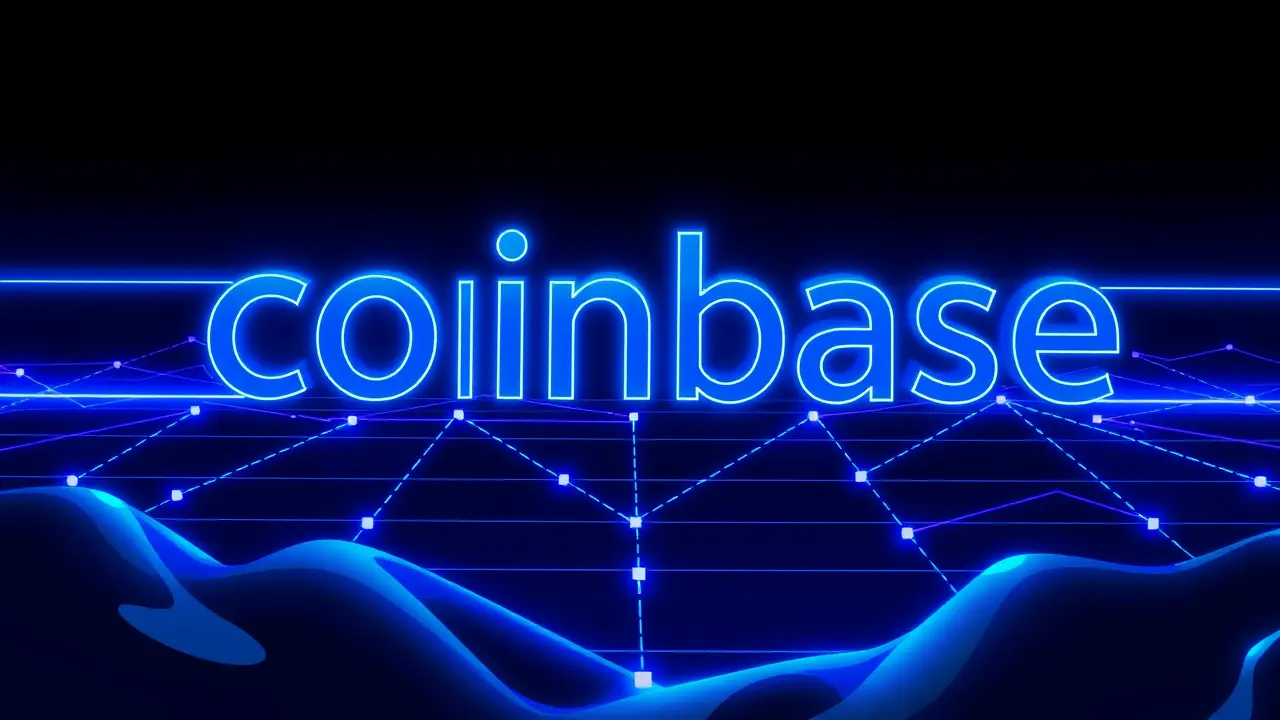
CryptostablecoinsDeFi Integrations
Standard Chartered to Support DeCard Stablecoin Payments in Singapore
CH
Chloe Evans
2 hours ago7 min read
In a move that signals the accelerating convergence of traditional finance and the digital asset ecosystem, Standard Chartered has announced its banking division will now facilitate stablecoin payments for DeCard within Singapore. This isn't just another corporate press release; it's a definitive nod from the heart of the old financial guard that the rails of the future are being laid today.For those of us watching the space, this is a significant validation. Standard Chartered, a banking behemoth with a deep history in Asian trade finance, isn't dipping a toe in the water—it's building a pier.The partnership will see SC Ventures, the bank's innovation arm, provide the critical fiat on- and off-ramps, essentially acting as the trusted bridge between Singapore dollars in a conventional bank account and their digital representation on the blockchain. This infrastructure is the unglamorous but absolutely vital plumbing that has been a major stumbling block for widespread crypto adoption.DeCard's model, which leverages stablecoins for everyday transactions, suddenly becomes exponentially more viable when backed by the regulatory compliance and financial stability of an institution like Standard Chartered. It speaks volumes about the maturation of the Monetary Authority of Singapore's (MAS) regulatory framework, which has carefully cultivated a 'sandbox' environment that encourages experimentation without sacrificing oversight.This stands in stark contrast to the more adversarial approaches seen in other major economies, and it's paying off by positioning Singapore as a global nexus for fintech innovation. We've watched this dance before: TradFi institutions cautiously observing from the sidelines, then making small strategic investments, and finally, as we see here, integrating crypto-native services directly into their core offerings.It’s a pattern reminiscent of the early internet's adoption by brick-and-mortar retailers. The implications are profound.For consumers, it means the potential for faster, cheaper, and more transparent cross-border payments, a domain where traditional correspondent banking has been notoriously slow and expensive. For businesses, it unlocks new possibilities in supply chain finance and instant settlement.However, the path isn't without its challenges. The stability of the stablecoins themselves remains under intense regulatory scrutiny globally, and the technical complexities of integrating legacy banking systems with blockchain protocols are non-trivial.Furthermore, this move will undoubtedly intensify the debate around banking disintermediation. If a bank is facilitating a system that could, in the long run, make its traditional payment services obsolete, is it cannibalizing its own business? Or is it a strategic imperative to evolve or risk irrelevance? This partnership is a clear bet on the latter.It’s a recognition that the future of finance is hybrid—a seamless blend of the trusted, regulated world of TradFi with the efficient, programmable, and open architecture of DeFi. As other global financial hubs from London to Hong Kong watch this development, the pressure will mount to create similarly enabling environments, lest they be left behind in the race to define the next generation of global financial infrastructure.
#featured
#standard chartered
#decard
#stablecoin payments
#singapore
#defi integration
#banking partnership
Stay Informed. Act Smarter.
Get weekly highlights, major headlines, and expert insights — then put your knowledge to work in our live prediction markets.
Related News
© 2025 Outpoll Service LTD. All rights reserved.











